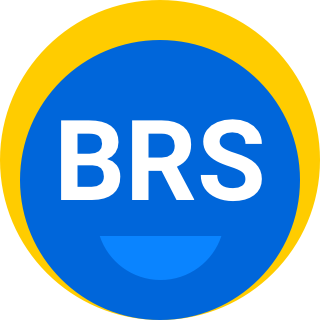The purpose of the evaluation is to:
The Brief Resilience Scale (BRS) was created to assess the ability to bounce back or recover from stress. While resilience has been defined as resistance to illness, adaptation, and thriving, the ability to bounce back or recover from stress is closest to its original meaning. Previous resilience measures assess resources that may promote resilience rather than recovery, resistance, adaptation, or thriving. The BRS is a reliable means of assessing resilience as the ability to bounce back or recover from stress and may provide unique and important information about people coping with health-related stressors.


